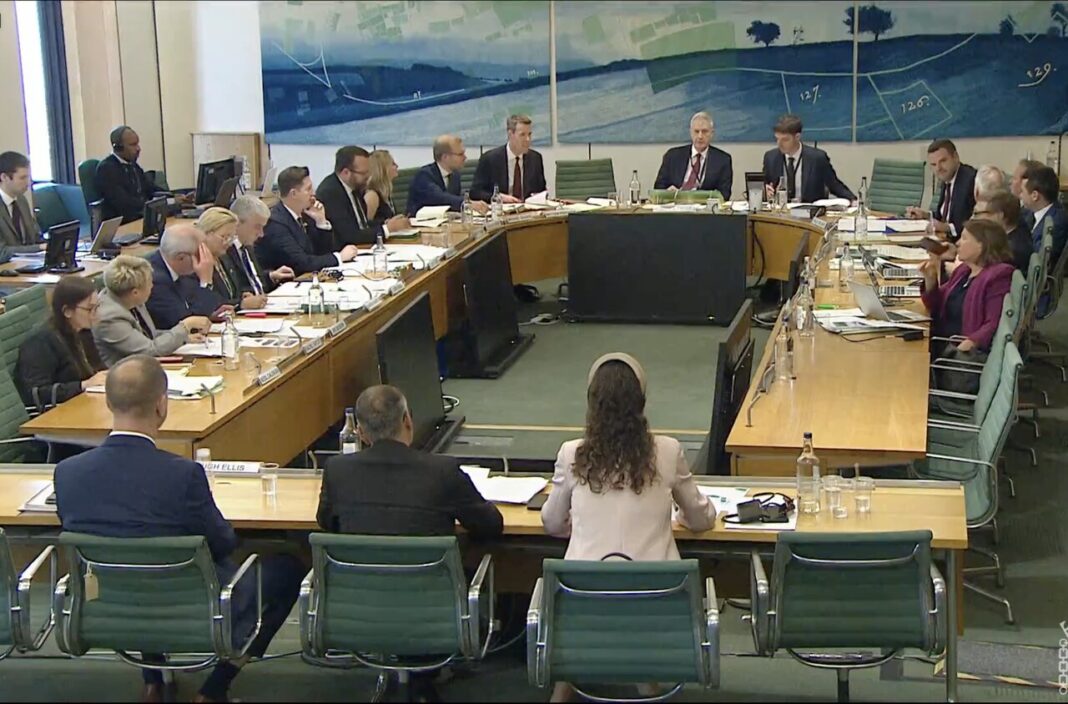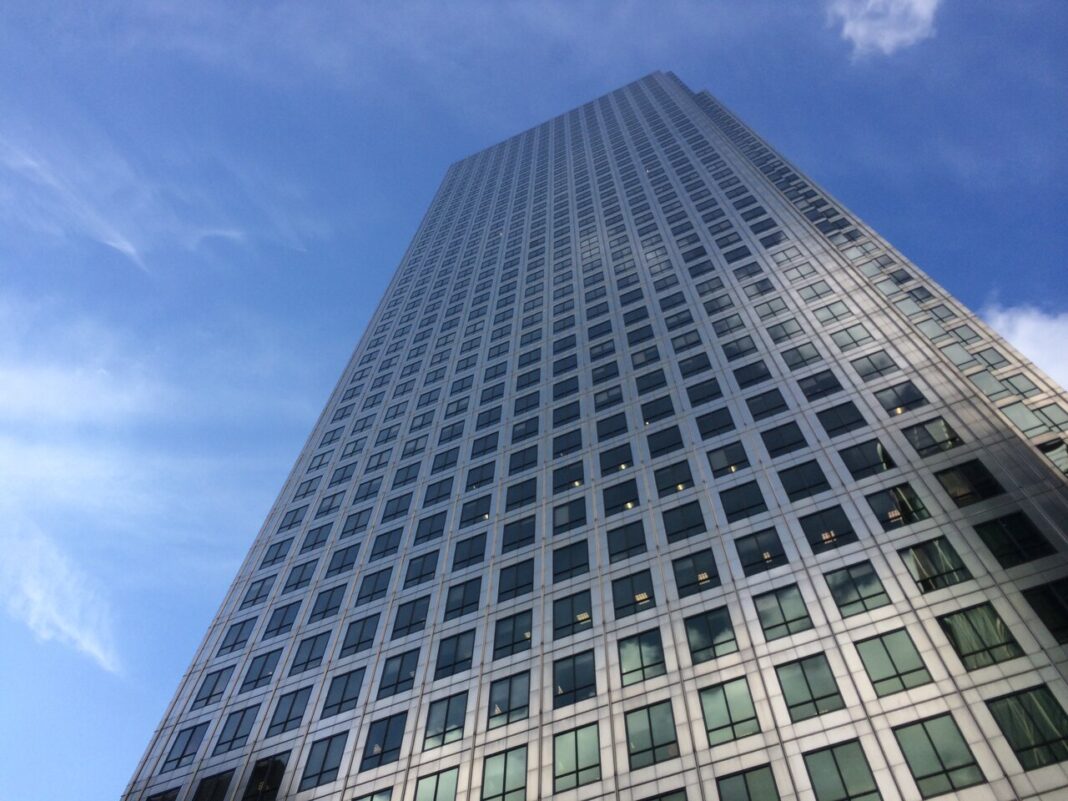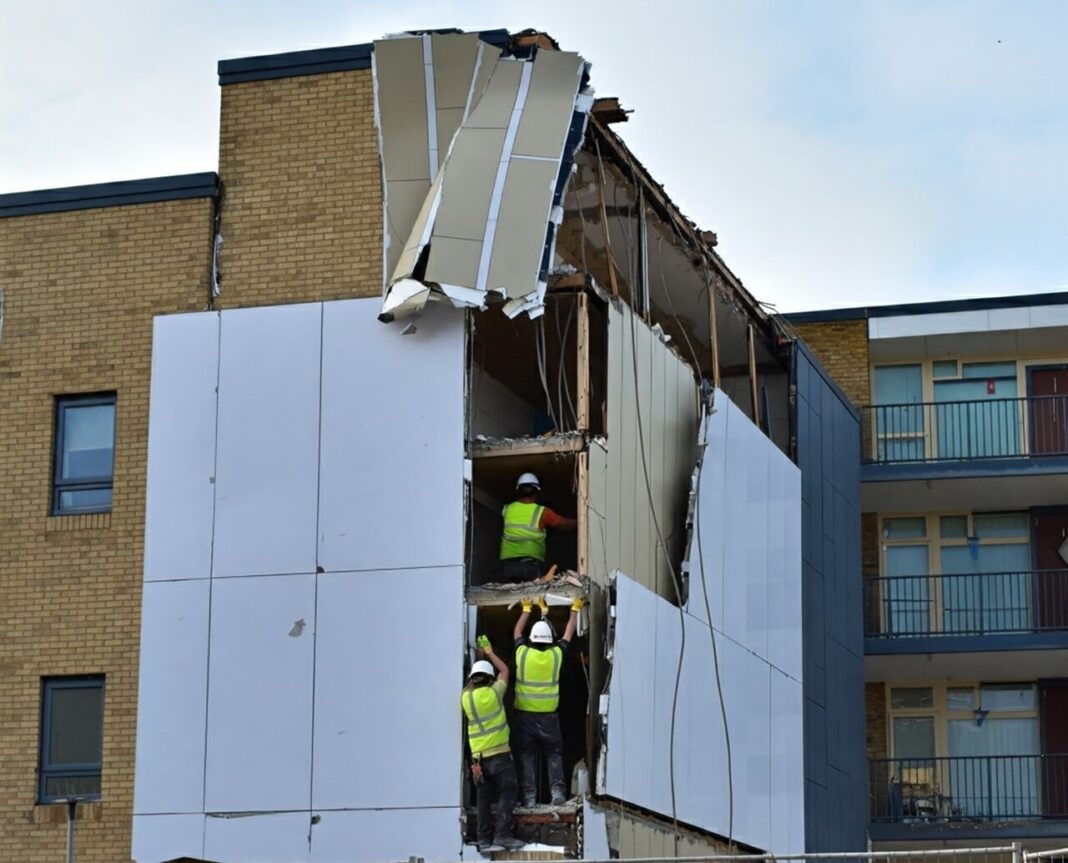A coalition of over 40 leading economists, former government advisors, and environmental experts has written to MPs warning that Part III of the Planning and Infrastructure Bill risks unleashing widespread environmental destruction under the guise of reform.
The letter, submitted ahead of yesterday’s Public Bill Committee hearing, slammed the Government’s proposed “Nature Levy” – a mechanism allowing developers to pay into a central fund, managed by Natural England, in exchange for destroying protected sites and species.
Describing the measure as a “licence to kill nature,” the signatories argue that the plan marks the most significant rollback of environmental protections in more than 40 years.
If passed, Part III of the Bill would replace long-standing principles – including the precautionary principle and the polluter pays model – with a flat-rate fee system that experts say is untested, legally weak and open to abuse.
ECOLOGICAL MISSTEP

“This is not a nature recovery tool,” said Professor Sir Partha Dasgupta, author of the Treasury-commissioned Dasgupta Review on the economics of biodiversity. “It’s an economic and ecological misstep that undermines the very foundation of nature markets.”
Under the proposed scheme, Natural England would both design and assess conservation plans funded by the levy, while also relying on that same funding to support its operations – a structure critics say is riddled with conflicts of interest and lacking independent scrutiny.
REWARDING HARM
The letter warns that, far from enabling sustainable growth, the Nature Levy risks incentivising environmental damage by offering a legal “buy-out” of existing nature protections – often at a discounted rate, adjusted down to suit developer viability.
Professor David Hill CBE, former Deputy Chair of Natural England, says: “We’ve moved from asking how best to protect and restore nature, to legislating its destruction – and all without proper consultation, impact assessment, or pilot schemes. This is a step backwards.”
DAMAGING NATURE
While the Bill has been pitched as a way to streamline housebuilding and reduce delays, experts say the evidence doesn’t support that claim.

“Planning delays are not caused by environmental regulations,” said Professor Dame E.J. Milner-Gulland of the University of Oxford. “They’re caused by under-resourced planning authorities and developer bottlenecks. Nature is not an obstacle to growth – it underpins it.”
The group points to existing strategic licensing schemes, such as District Level Licensing for great crested newts, as proof that environmental regulation and efficient planning can coexist – when properly designed and implemented.
LEGISLATIVE PAUSE
The signatories are calling for an immediate pause on Part III of the Bill, to allow for due diligence: including full public consultation, impact assessments, and pilot testing of any proposed changes.

Among those backing the letter are author and conservationist Isabella Tree, Professor Sir John Lawton (author of Making Space for Nature), and a host of current and former leaders from the Wildlife Trusts, academic institutions, and ecological consultancies.
Their message is clear: without proper oversight and reform, Part III of the Bill will not simplify development – it will damage the UK’s international environmental reputation, harm the economy, and push irreplaceable habitats closer to collapse.
“The Government must look beyond the rhetoric,” the letter concludes. “This is not simplification – it’s legalised harm, rushed through Parliament at nature’s expense.”









